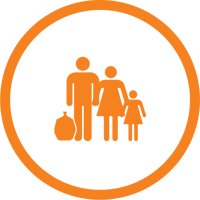 OVERVIEW
OVERVIEW
The New Iowans work group focuses on changing systems to address poverty faced by newcomers to our country, including refugees and immigrants. Many members of this work group are also involved with RACI (Refugee Alliance of Central Iowa) and bring personal experience as a newcomer or experience working with New Iowans through their organizations. The common thread for this group is a desire to improve the lives of New Iowans by removing barriers to earning a living wage to support their families.
This work group seeks to coordinate efforts to be more effective and efficient in providing support to newcomers, hile enhancing their ability to be recognized as productive members of the central Iowa community. We also strive to collect helpful data for our efforts and make connections to community-based ethnic groups and nonprofits working to help refugees and immigrants.
OBJECTIVES
Whether Iowa is their community of initial resettlement or they came to Iowa as secondary migrants from other states, New Iowans today face greater challenges than ever before.
Refugees and immigrants, including those for whom status is not clear, face challenges that prevent them from moving out of poverty. Many of these challenges are being addressed by other OpportUNITY work groups—housing, food insecurity, transportation, lack of education, and job training. In addition, many New Iowans face prejudice, racism, limited support upon arrival, and difficulty finding employment because they lack education or struggle with English-language skills.
FIRST-PHASE GOALS |
RESULTS |
| Increase the diversity of the individuals involved in implementing action steps for New Iowans. |
|
| Address the needs of Dallas and Warren Counties. |
|
| Increase the community’s coordination efforts to support New Iowans by 50% as indicated on a survey of program leaders. |
|
| Increase the quality and accessibility of English as Second Language opportunities for adults in central Iowa with consideration for how language progresses (listening, speaking, reading, writing). |
|
| Increase the percentage of New Iowans in central Iowa with a high school equivalency diploma to 8% (from 3%). |
|
| Make Iowa a welcoming community for refugees and immigrants through community efforts, including employer-led projects and nonprofit programs. |
|
SECOND-PHASE GOALS |
RESULTS |
|
1. Address housing needs for refugees and immigrants. 1a. Address New Iowans’ barriers to housing stability by creating resources to enhance tenant/landlord communication and increase New Iowan housing navigation. |
|
| 2. Support developing and marketing pre-apprenticeships and career pathways. |
|
|
3. Address the health/mental health issues faced by refugees and immigrants. 3a. Update list of bilingual/culturally sensitive mental health and health care providers. 3b. Develop training to help New Iowans cope with everyday stressors. 3c. Train interpreters on mental health/health concepts. |
|










%20-%20No%20Tagline.png?width=180&name=211%20Logo%20-%20color%20(white%20bubble)%20-%20No%20Tagline.png)

